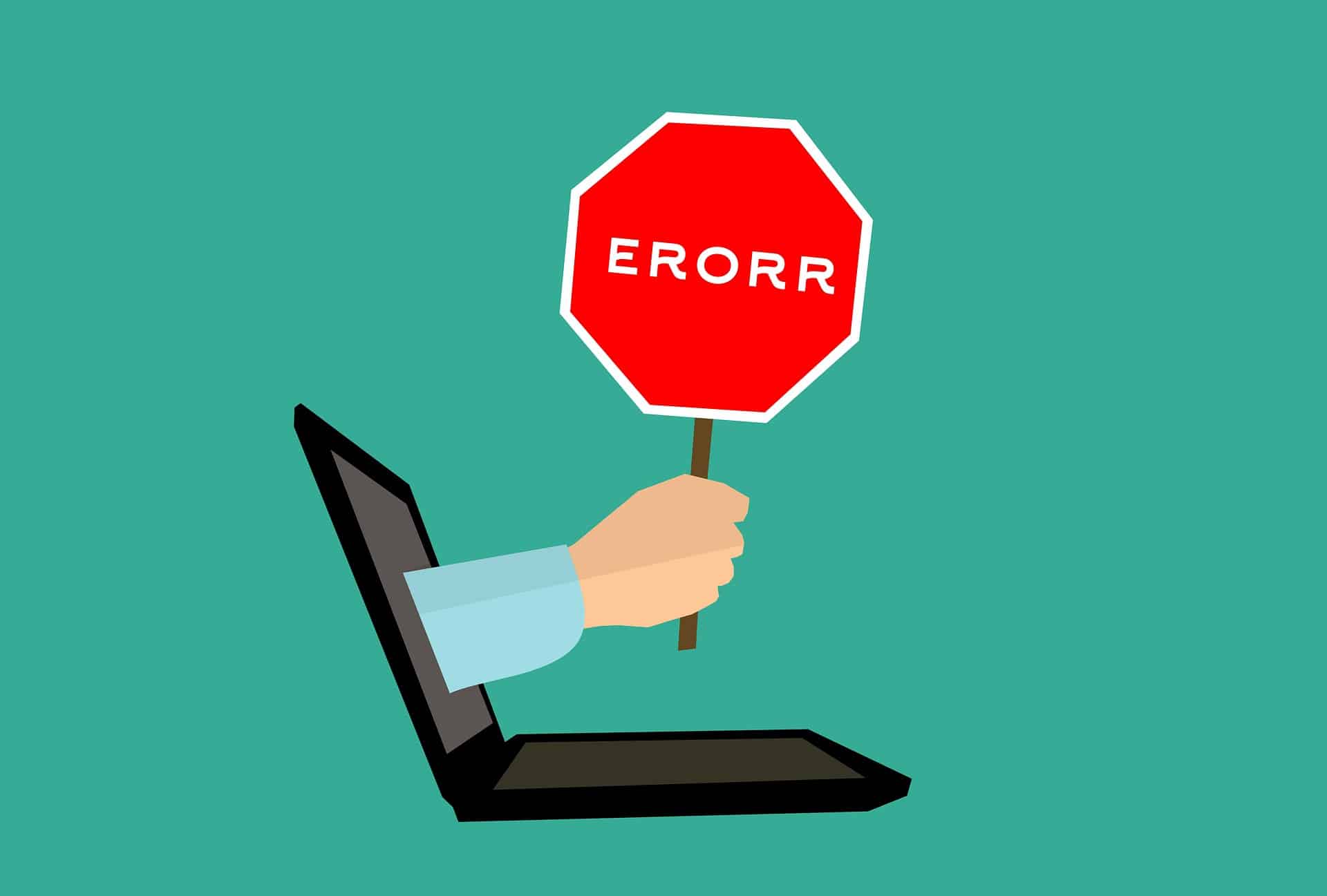On May 1, 2018, the Tunisian Council of Ministers approved a draft “cybercrime” law that aims to “prevent and combat cyber crimes of information and communication.” The bill will now be referred to parliament, which in turn will pass it to a special committee to review the bill and make amendments to it. Finally, the parliament is expected to vote on it in plenary.
But so far, things have not gone as expected:
- On August 1, 2015, a first copy of the bill was published on the Nawaat website. The bill sat dormant for several years, and, to our knowledge, has not been amended. However, the Council of Ministers has not released an updated copy of the draft law that they recently moved forward.
- Civil society was not consulted in the drafting or review of this bill.
- With parliamentary elections scheduled for October 2018, it is uncertain whether the parliament will spend time on making amendments to the bill, or instead will move to adopt this draft as the final version of the law with limited debate.
In response to these challenges, on August 2, 2018, Access Now submitted a request to the Ministry of Justice (in Arabic) to obtain a hard copy of the draft law. This request for information was submitted in accordance with Basic Law No. 22-2016 of March 24, 2016, on the right to access to information and Chapter 32 of the Constitution of January 27, 2014, which guarantees the right to information and the right to access information.
Next steps
Access Now expects to receive an answer to our request for information — either an approval or rejection — from the ministry within 20 days, or by August 22, 2018. We will publish the response to enable other interested parties to access it. If the Ministry of Justice refuses to provide us with the most recent version of the bill, Access Now will submit a request to the Authority of Access to Information, represented by its President Imed Hazgui, to take the necessary steps to provide access to the requested information.
In this context, Access Now emphasizes the importance of the right to access to information as a basic and legitimate right. We also call on civil society actors to follow up on “cybercrime” initiatives that are increasingly being used to oppress human rights defenders online, while granting government authorities unrestricted power to control the free flow of information and silence dissent.
